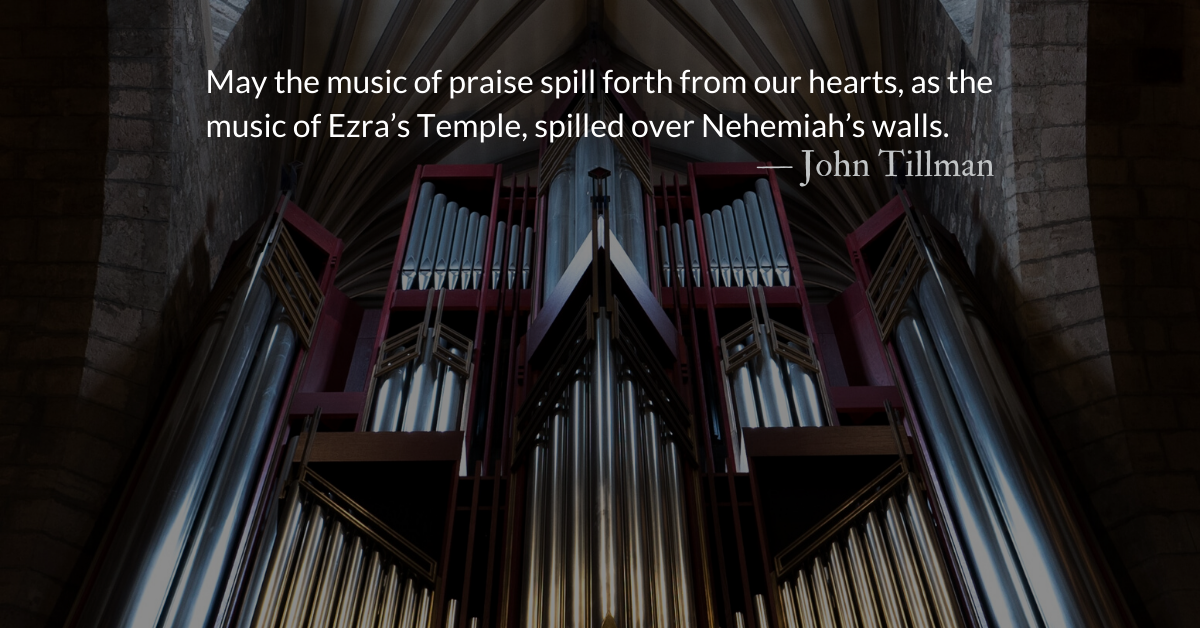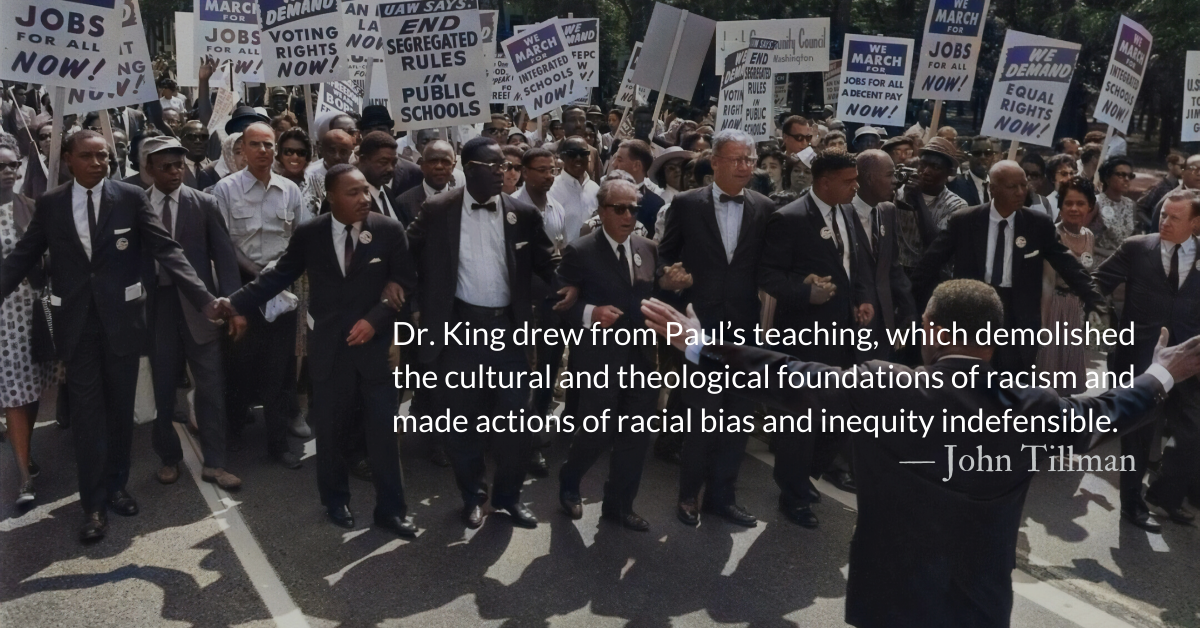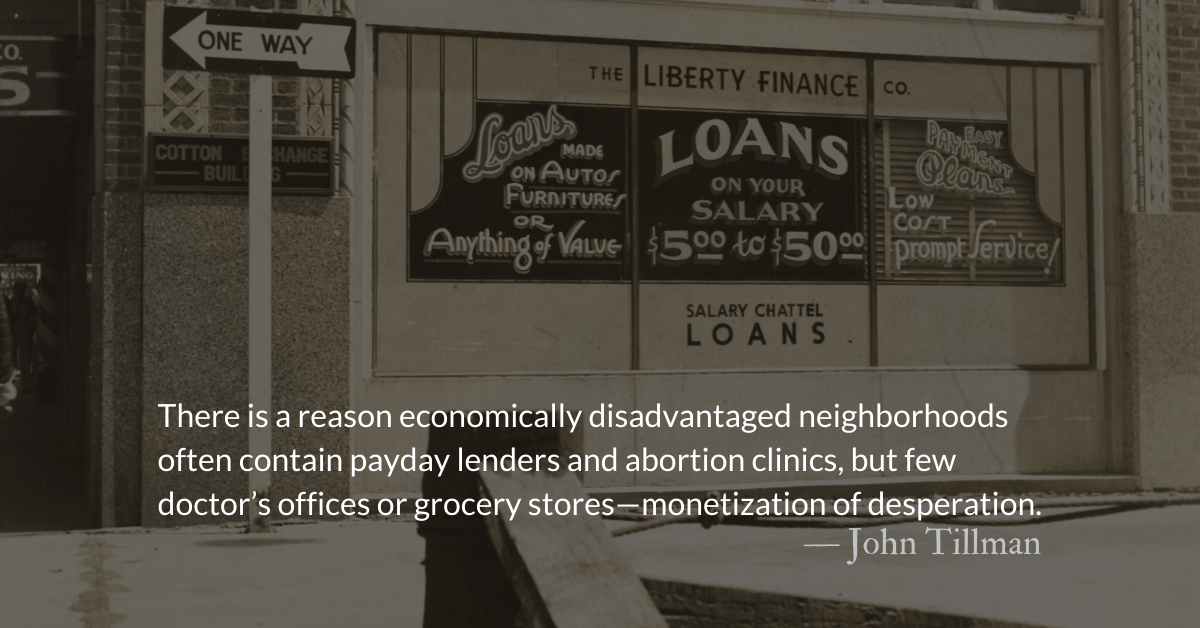Scripture Focus: Nehemiah 12.31, 38, 40, 42-43
I had the leaders of Judah go up on top of the wall. I also assigned two large choirs to give thanks. One was to proceed on top of the wall to the right, toward the Dung Gate….the second choir proceeded in the opposite direction…The two choirs that gave thanks then took their places in the house of God…the choirs sang under the direction of Jezrahiah. And on that day they offered great sacrifices, rejoicing because God had given them great joy. The women and children also rejoiced. The sound of rejoicing in Jerusalem could be heard far away.
Reflection: Orchestrating Our Prayers
By John Tillman
Imagine John Williams walking in to conduct Star Wars or the Jurassic Park score or one of his other masterpieces and there being one banjo and a kazoo…
Ezra and Nehemiah were rebuilding not just the physical structures of the wall and the Temple, but the logistics and schedules of the workers and musical performers who made worship happen. And as the text emphasizes, this took a considerable investment (Nehemiah 12.47) from the community.
Music, like little else, has the power to move us, touching us on an emotional and spiritual level. For many reasons (often involving finances) church music in many, many places has retreated from the large orchestras and choirs of the past to pragmatic, small combos of musicians.
Expansive worship can be expensive. Especially if you are, as Nehemiah and Ezra were, following the precise directions and orchestrations dictated a few centuries ago by a master musician (David) composing in his golden age and having his music performed and arranged by the virtuosic voice of Asaph. Virtuosos don’t skimp on instrumentation.
As much as I personally enjoy a variety of instrumentation and both modern and ancient musical styles, there is something powerful about hearing the full range of sound that orchestral composers imagine.
Hans Zimmer, for the score of the mind-bending film, Inception, assembled the largest brass section that had ever been recorded. For his lofty, dreamlike score for the film, Interstellar, Zimmer employed the unique sounds of the 1926 four-manual Harrison & Harrison organ, currently housed at the 12th-century Temple Church in London and played in the movie by its director of music, Roger Sayer.
We worship in spirit and truth, not according to musical styles and yet, at times, I long for the thick, layered instrumentation that stories in movie houses get, but are rarely supplied to the story of the gospel. Sometimes I miss the inclusive sound of a choir that carries my voice with theirs.
In our hearts, however, we are the new temple of God to replace the one Nehemiah built. No matter what echoes around our ears, in our hearts, we can antiphonally sing scripture back and forth with the Holy Spirit in perfect harmony.
May we become virtuosos of prayer, playing every note in a harmonious crescendo.
May the prayers of our hearts be louder than a thousand brass instruments, and the sighs of our spirit be more vibrant than the air thrumming through a thousand pipe organs.
May the music of praise spill forth from our hearts, as the music of Ezra’s Temple, spilled over Nehemiah’s walls.
Divine Hours Prayer: The Greeting
I will offer you the sacrifice of thanksgiving and call upon the Name of the Lord. — Psalm 116.15
– From The Divine Hours: Prayers for Autumn and Wintertime by Phyllis Tickle.
Today’s Readings
Nehemiah 12 (Listen -6:30)
Acts 22 (Listen -4:26)
Read more about Praying as Music
If music is a universal language, prayer can be similarly described.
Read more about Praying Through Ancient Hymns :: Worldwide Prayer
All creatures of our God and King, lift up your voice with us sing…Alleluia…











